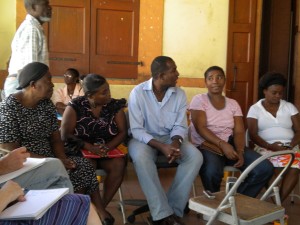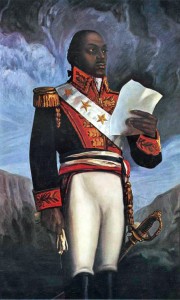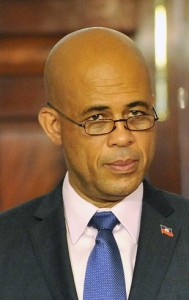by Meena Jagannath. Originally posted at AlterNet
A recent New York Times op-ed offers only half the picture.
What is the point of doing any work in Haiti? After all, the country is a mess and it’s hard to shake that habit. And its reputation.
Athena Kolbe and Robert Muggah’s December 9 New York Times op-ed illustrates in detail the post-rape reality for a survivor of sexual violence in Haiti – a series of misfortunes that encapsulate all of Haiti’s failings in responding to rape. Yet the authors make no mention of the hard work of many groups that have been trying to improve the country’s reputation.
The story is so vivid and real that I can imagine Wendy recounting it to me and my former colleagues at the Bureau des Avocats Internationaux (BAI) office in Port-au-Prince. Yet, it does Haiti a disservice by focusing on the negative, failing to mention the numerous efforts to combat rape in Haiti, and the numerous successes, since the earthquake. As the work of my colleagues at BAI and collaborators at women’s grassroots organizations like KOFAVIV (see also MADRE) and FAVILEK demonstrates every week, the story does not have to play out that way.



